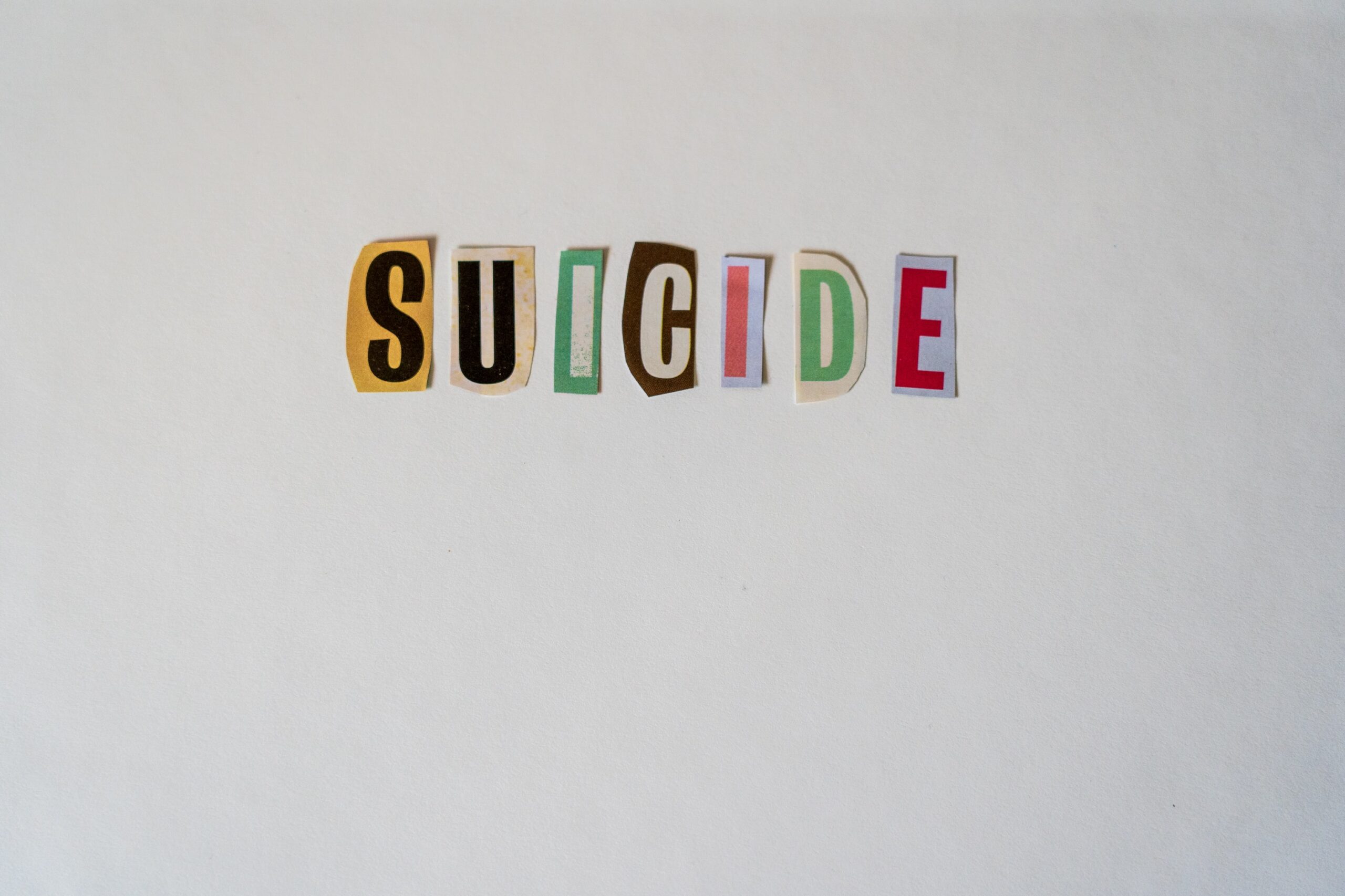
Signs your child might be more than moody

Writer: Ron J. Steingard, MD
Clinical Expert: Ron J. Steingard, MD
What You'll Learn
- What are the symptoms of depression in teens?
- Why is it important to catch depression early?
- What is the treatment for depression in teens?
- Quick Read
- Full Article
- Why early intervention is critical
- Depression plus anxiety
- Treatments for depression
Teens are often moody. That’s why it’s easy to miss signs that they’re actually depressed and need help. Symptoms of depression in teens include things like avoiding hanging out with friends and family and being sad or angry. Not doing well in school, sleeping a lot, and eating more or less than usual can also be signs.
If you notice that your teen has been down a lot and lost interest in things they used to like doing, they may be depressed. The teen may not even be aware they are depressed.
There are two main kinds of depression. Major depressive disorder is the most common. That’s when a kid has bad stretches of depression for months. Dysthymia, the other kind, is milder, but it can go on for years. Since depression causes low energy and problems concentrating, it can have a negative impact on school and friendships. That, in turn, can cause low self-esteem, which can make depression worse. Feeling bad about yourself can also lead to anxiety.
Early treatment is important to head off long-term effects of depression. The most common treatment is cognitive behavioral therapy (CBT), which is aimed at changing the negative thinking the teen is caught in. It teaches kids ways of noticing and changing upsetting emotions. Antidepressant medication can be added to therapy. The combination often works better than either treatment separately.
Since adolescents are often moody, it can be difficult to recognize when your child has become depressed and might need help. The thing people tend to notice first is withdrawal, or when the teenager stops doing things they usually like to do. There might be other changes in their mood, including sadness or irritability. Or in their behavior, including appetite, energy level, sleep patterns, and academic performance. If several of these symptoms are present, be vigilant about the possibility of teen depression.
This is especially important because by the time family members and other people around a teenager note their lack of interest in most things — or what we callanhedonia — they’ve usually been depressed for some time. Depression is an internalizing disorder, i.e. one that disturbs a patient’s emotional life, rather than an externalizing one, which takes the form of disruptive or problematic behavior. As such, it takes a while not only for others to recognize it but often for the patient themselves to realize that their thinking, and emotional responses, are disturbed.
Note that there are actually two kinds of depression. In major depressive disorder — the most familiar form of depression — the symptoms occur in what may be severe episodes that tend to last from seven to nine months. But there is also another form of depression called dysthymia, in which the symptoms are milder, but they last longer, even years. So while the experience of dysthymia may be less debilitating for the child at any given moment, the risk is that there is more accrued damage and more time in which the child is kept out of the healthy development process.
#James Donaldson notes:
Welcome to the “next chapter” of my life… being a voice and an advocate for #mentalhealthawarenessandsuicideprevention, especially pertaining to our younger generation of students and student-athletes.
Getting men to speak up and reach out for help and assistance is one of my passions. Us men need to not suffer in silence or drown our sorrows in alcohol, hang out at bars and strip joints, or get involved with drug use.
Having gone through a recent bout of #depression and #suicidalthoughts myself, I realize now, that I can make a huge difference in the lives of so many by sharing my story, and by sharing various resources I come across as I work in this space. #http://bit.ly/JamesMentalHealthArticle
Find out more about the work I do on my 501c3 non-profit foundation
website www.yourgiftoflife.org Order your copy of James Donaldson's latest book,
#CelebratingYourGiftofLife: From The Verge of Suicide to a Life of Purpose and Joy

Click Here For More Information About James Donaldson

Why early intervention is critical
When a teenager is depressed, their suffering isn’t the only reason it’s important to get help. In addition to the disorder itself, there are add-on effects that may cause lifelong issues. With depression symptoms comes low energy and poor concentration, two factors that are likely to have a significant impact on social and academic functioning.
It’s easy to see the effects of poor academic functioning: falling behind in school undermines a child’s confidence and self-image and can impact their future if it’s prolonged. But social learning is just as critical as academic learning inadolescence. Deficits in social skills not only put depressed teens behind their peers but in themselves can compound their depression.
Depression plus anxiety
It’s important to understand that a teenager who is depressed may also develop anxiety and may need to be treated for two separate disorders. It may be that depression leads to anxiety — the negative state of mind of a depressed teenager lends itself to uncertainty. If you’re not feeling good about yourself, confident, secure, or safe, anxiety may find fertile ground. It may also be because the regions of the brain affected by anxiety and depression are close together and mutually affected.
Two serious problems that are directly associated with teenage depression and anxiety are suicidal thinking (or behavior) and substance abuse. Suicide is the third leading cause of death among adolescents and young adults aged 15 to 24, and we know that most kids who die by suicide have been suffering from a psychiatric illness. Especially at risk are teenagers who hide their depression and anxiety from parents and friends. That’s why it’s important to be alert to signs of these disorders — withdrawal, changes in school performance, eating habits, sleeping patterns, things they enjoy doing — even when teenagers aren’t forthcoming about how they feel.
Similarly, the majority of teenagers who developsubstance abuse problems also have apsychiatric disorder, including, most commonly, anxiety or depression, which is another important reason to get treatment in a timely way.
Treatments for depression
Fortunately, early involvement of health care professionals can shorten the period of illness and decrease the likelihood of missing important life lessons.
The most common treatment a mental health professional is apt to use is some form ofcognitive behavioral therapy, and depending on how young the child is, it may involve teaching the parents as well. Cognitive behavioral therapy (CBT) is based on the idea that a person suffering from a mood disorder is trapped in a negative pattern of thought. Depressed kids tend to evaluate themselves negatively, interpret the actions of others in a negative way, and assume the darkest possible outcome of events. In CBT, we teach sufferers to challenge those negative thoughts, recognize the pattern and train themselves to think outside it. And in many cases, we see real improvement.
If the depression is moderate to severe, treatment may involve medications such as antidepressants. A combination of psychotherapy and medication usually works better than either alone.
Frequently Asked Questions
What are the symptoms of depression in teenagers?
What are the two serious problems associated with teen depression and anxiety?
Two serious problems that are directly associated with teenage depression and anxiety are suicidal thinking (or behavior) and substance abuse. Suicide is the third leading cause of death among adolescents and young adults aged 15 to 24, and we know that most kids who die by suicide have been suffering from a psychiatric illness.
 https://standingabovethecrowd.com/james-donaldson-on-mental-health-what-are-the-symptoms-of-depression-in-teenagers-2/
https://standingabovethecrowd.com/james-donaldson-on-mental-health-what-are-the-symptoms-of-depression-in-teenagers-2/





